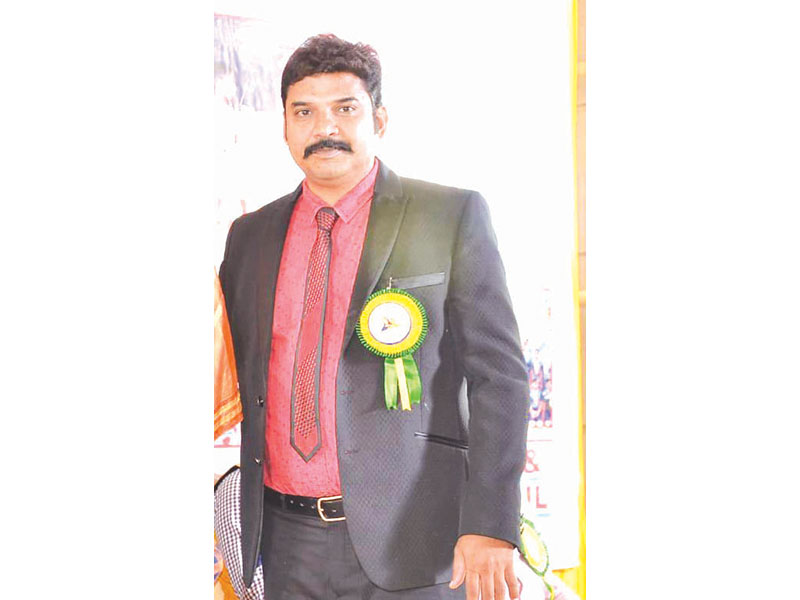Tamil Nadu: Parents power initiative
Shivani Chaturvedi (Chennai)
One of the mandates (s.21) of the landmark right of Children to Free & Compulsory Education Act, 2009, was that every school countrywide (other than private unaided schools) shall constitute School Management Committees (SMCs) comprising “elected representatives of the local authority, parents or guardians of children admitted in such schools and teachers” with the proviso that “three-fourth of members of SMCs shall be parents or guardians.”
On August 7, the Tamil Nadu education ministry issued an order directing all 42,000 government and aided schools to establish SMCs (School Management Committees) as per the provisions of s.21 of the RTE Act. The ministry order stated that the first meetings of SMCs should be held on October 25 to review committee resolutions passed during the two years past, and to establish career guidance cells for senior school students. Moreover, henceforward schools shall maintain physical registers of resolutions and record them digitally for dissemination among parents.
The sudden resurrection of SMCs by the DMK state government has taken monitors of Tamil Nadu’s K-12 education scene by surprise. A government order dated August 7, 2024 advises schools to hold monthly SMC meetings, hitherto held quarterly. Moreover, members of SMCs are being awarded identity cards with their details uploaded on websites and notice boards, and a monitoring committee chaired by the chief secretary has been set up to oversee SMC resolutions implementation every quarter.
Well-informed educationists in Chennai attribute the sudden interest in SMCs, 14 years after the RTE Act, 2009, became law in 2010, to the dominance of SMCs by municipal and panchayat-level politicians. Parents are either discouraged from attending SMC meetings or reduced to the status of mute spectators. As a result, politicians are splurging budgetary allocations recklessly and awarding contracts for school buildings repair and mid-day meals to unqualified cronies in exchange for cuts and commissions. Reports from DMK grassroots workers of these shenanigans have prompted the DMK government to revive SMCs and ensure that parents play a dominant role within these committees.
The mandate of the RTE Act apart, under the subsequent Tamil Nadu School Regulation Act of 2018, it is mandatory for SMCs to be established in all schools, including 17,000 self-financed and 9,000 aided schools, as also 42,000 government-run schools. “Active parental majorities on SMCs can significantly prevent funds misappropriation and other malpractices in schools. In many cases, particularly last year, schools with active SMCs also played a vital role in supporting students to enroll in suitable higher education programs,” says advocate M.J. John Arokia Prabhu, vice president of the Tamil Nadu Private Schools’ Association and member of the legal team at the National Independent Schools Alliance (NISA).
Prince Gajendra Babu, general secretary of the State Platform for Common School System — Tamil Nadu (SPCSS-TN), believes that active parents-driven SMCs can upgrade teaching-learning standards in their schools by fostering collaboration among parents, teachers, and local stakeholders, ensuring that available resources are directed towards improving infrastructure, and ensuring projects-based learning addressing local problems.
However, he cautions that SMCs currently lack autonomy. “These committees are merely puppets in the hands of politician-members. They are used as a formal forum to approve decisions already made by the government rather than actively driving change. The RTE Act, 2009, clearly mandates schools should have fully functional, elected parent-dominated SMCs,” says Babu.
Now that the state government has woken to the importance of SMCs in school management and administration, it should ensure that they are parents rather than politicians driven. Because it’s hardly a secret that politicians are focused on the next election, and parents on the next generation.


















Add comment